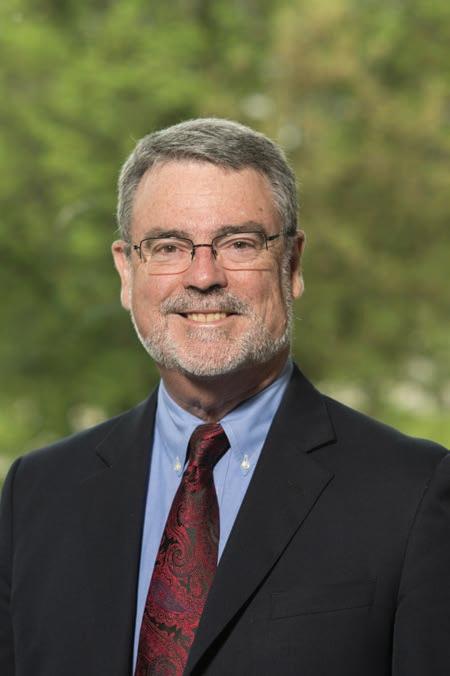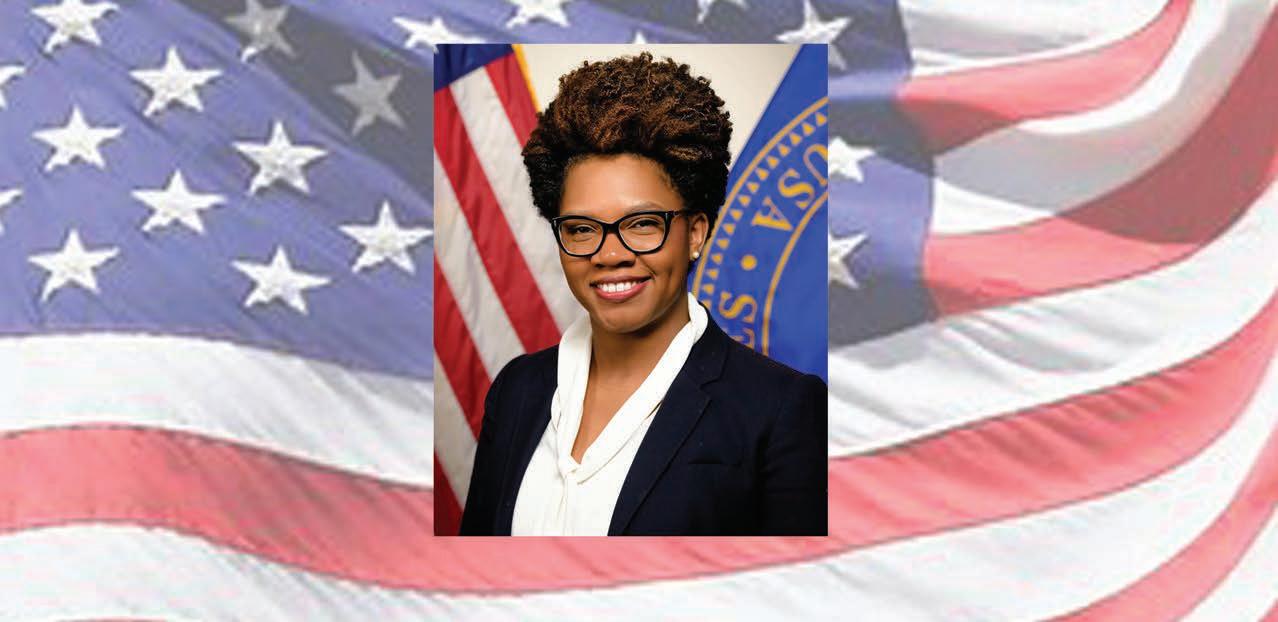
2 minute read
In Memoriam: Dr. Fitzhugh Mullan
from HWRCs' Annual Report
by UAlbany
In Memoriam Dr. Fitzhugh Mullan 1942 - 2019

Advertisement

Dr. Fitzhugh Seumas MacManus Mullan of Bethesda, Maryland was an American physician, writer, educator, and social activist who has served on the faculty of the George Washington University since 1996 as a Professor of Health Policy and Management and Professor of Pediatrics. He helped to establish the GW Health Workforce Institute recently renamed the Fitzhugh Mullan Institute for Health Workforce Equity. He was an elected member of the National Academy of Medicine.
Dr. Mullan’s activism started during medical school in the 1960s when he spent time in Mississippi as a civil rights worker with the Medical Committee for Human Rights. He was a leader of the Student Health Organization during his time as a medical student, an organizer of the Lincoln Collective at Lincoln Hospital in the Bronx while a pediatric resident, and the president of the Committee of Interns and Residents in New York City in 1971-1972. These events are captured in his memoir of the period, White Coat, Clenched Fist: The Political Education of an American Physician.
He studied history at Harvard and obtained his medical degree from the University of Chicago. He joined the United States Public Health Service in 1972 and spent 3 years practicing medicine in a community clinic in New Mexico as one of the first members of the National Health Service Corps, a program of which he subsequently became director. He later returned to New Mexico to serve as Secretary of Health and Environment for Governor Toney Anaya, worked for Surgeon General C. Everett Koop, and led the Federal Bureau of Health Professions. He attained the rank of Assistant Surgeon General, and Rear Admiral, USPHS.
In 1996, Mullan retired from the US Public Health Service and worked as a writer/editor at Health Affairs, the health policy journal, where he founded the monthly column: “Narrative Matters”. He believed that people’s understanding of policy issues was often determined by experience and anecdote. No one disputed that data and evidence should be the standard for policy making, but Mullan contended that stories have always been powerful mediators of how we see the world.
During his time at Health Affairs, Dr. Mullan resumed practicing pediatrics at the Upper Cardozo Clinic of Unity Health Care and wrote about the experience in a series of pieces in Health Affairs and the Washington Post. In 2002, he published Big Doctoring: Profiles in Primary Care, a book of oral histories gathered from primary care physicians and nurse practitioners in an effort to capture the beauty and plight of those who provide the foundation of the health care system.
During his later years at the George Washington University, his research focused on health workforce and health equity. From 2008-2010, he led a Gates Foundation funded study of Sub-Saharan African Medical Schools and from 2010-2015, he directed the Coordinating Center for the Medical Education Partnership Initiative, a $135 million US government investment in medical education in Sub-Saharan Africa.
Fitzhugh Mullan will be remembered as a leader in the fi eld of health workforce research and for his enduring commitment to healthy equity and expanding access to care for the underserved.










